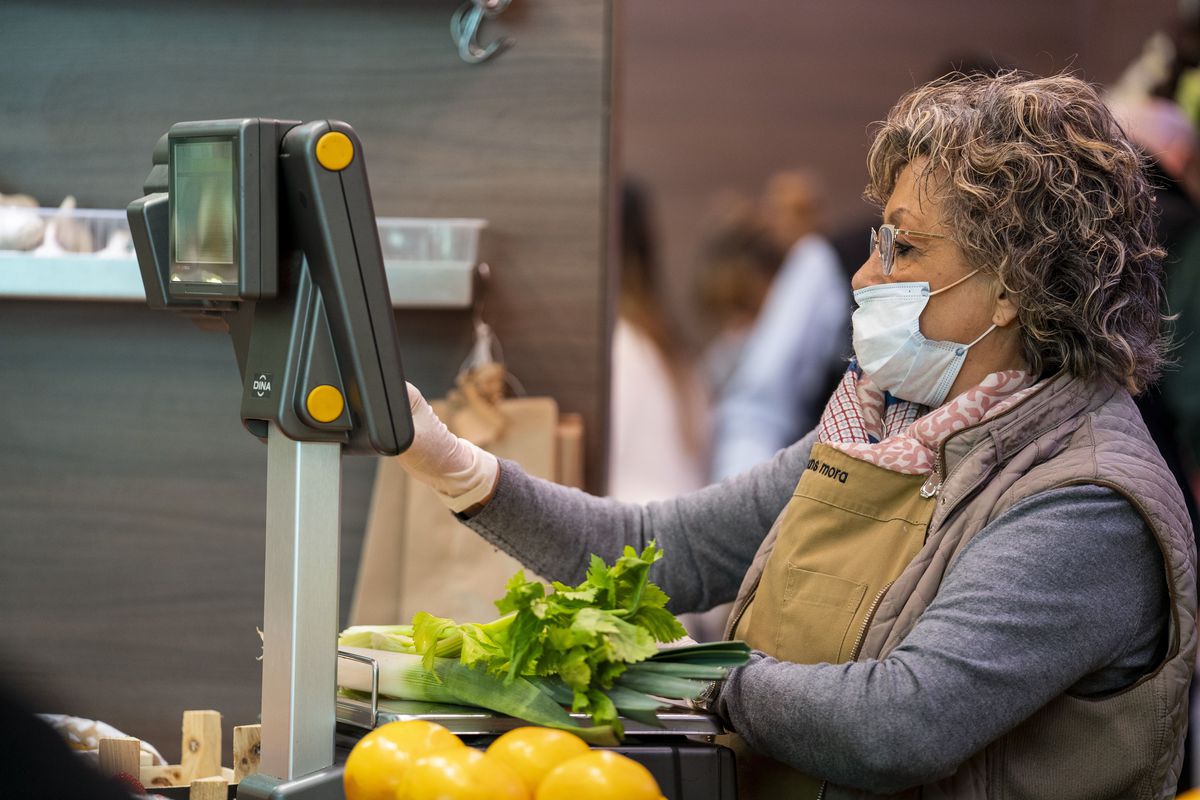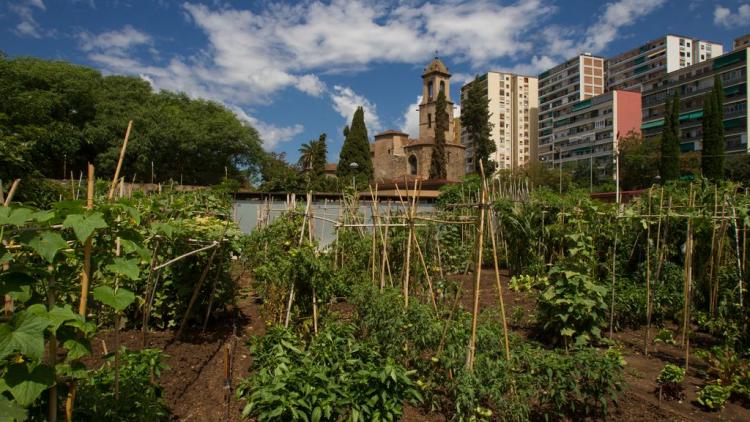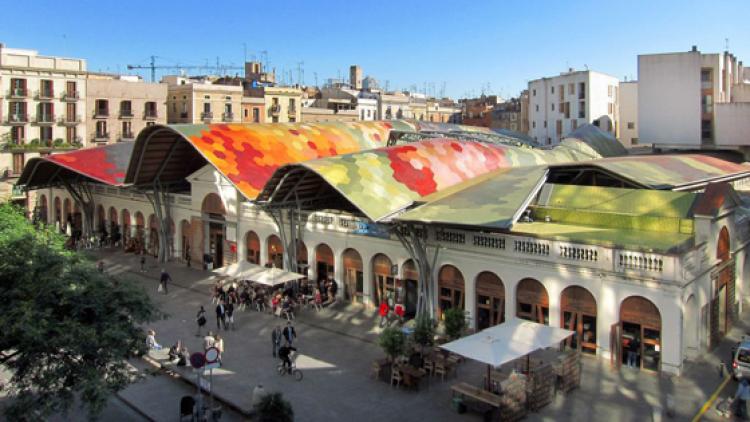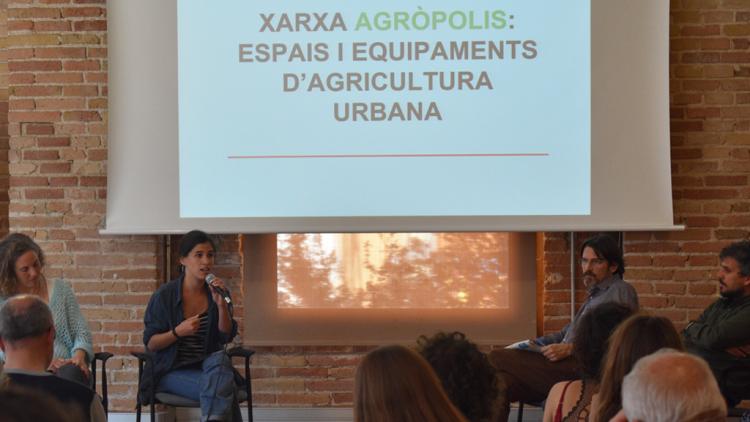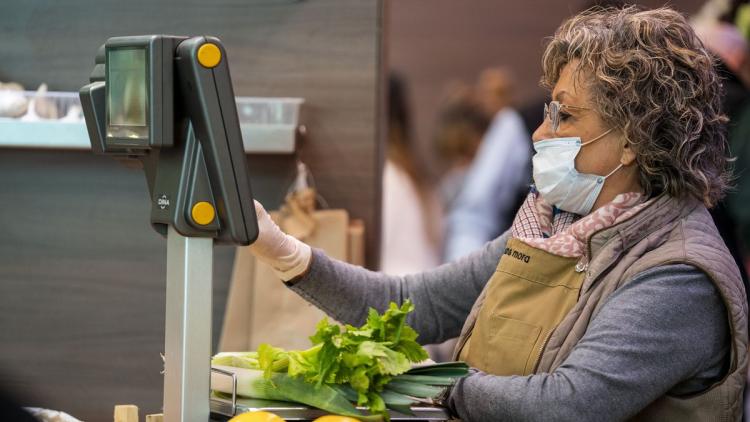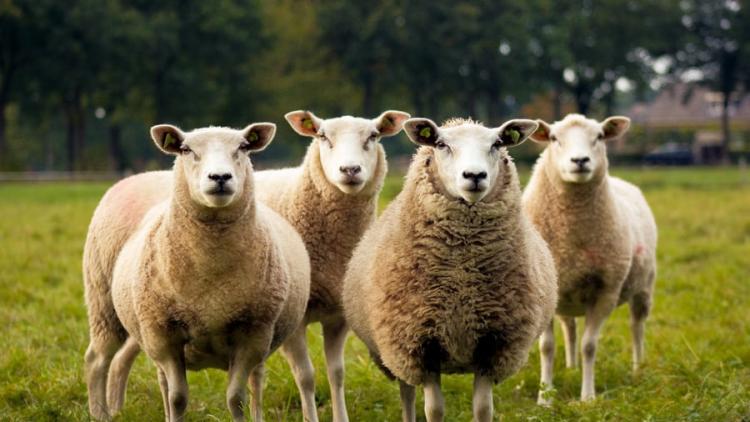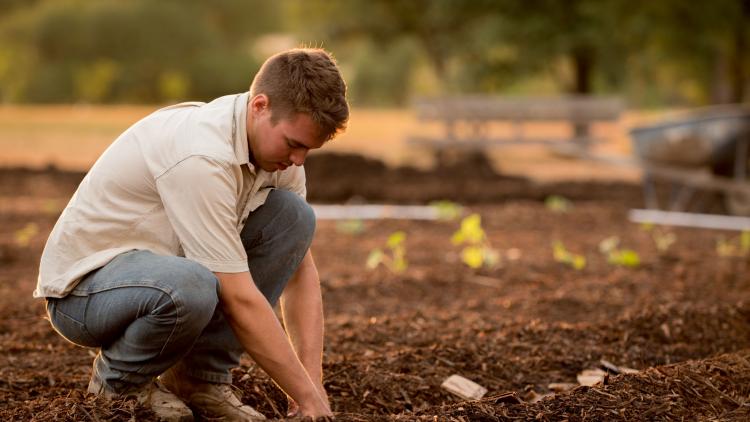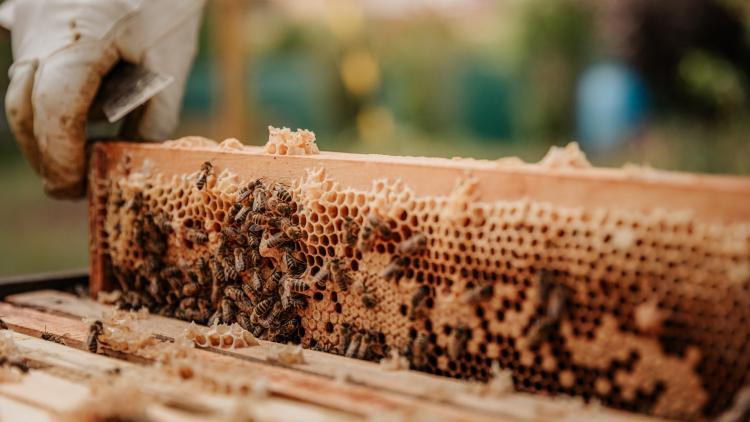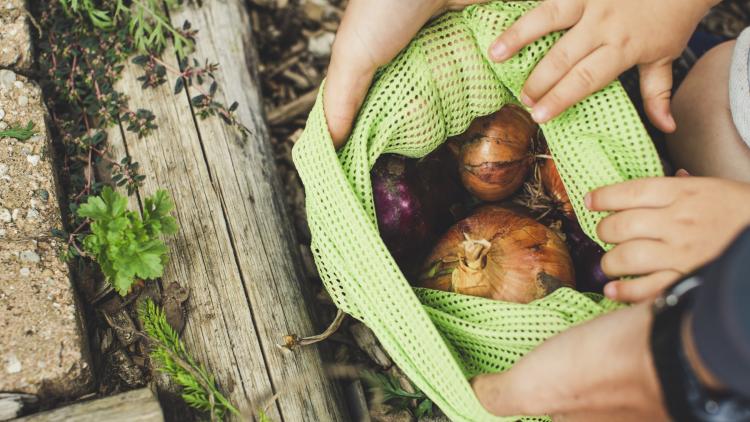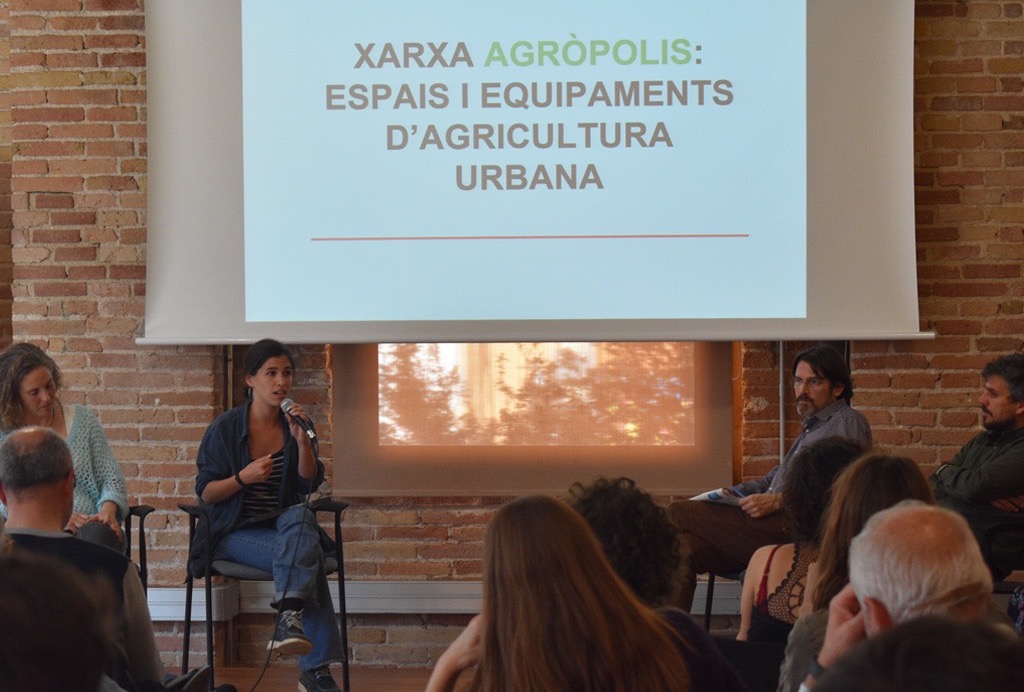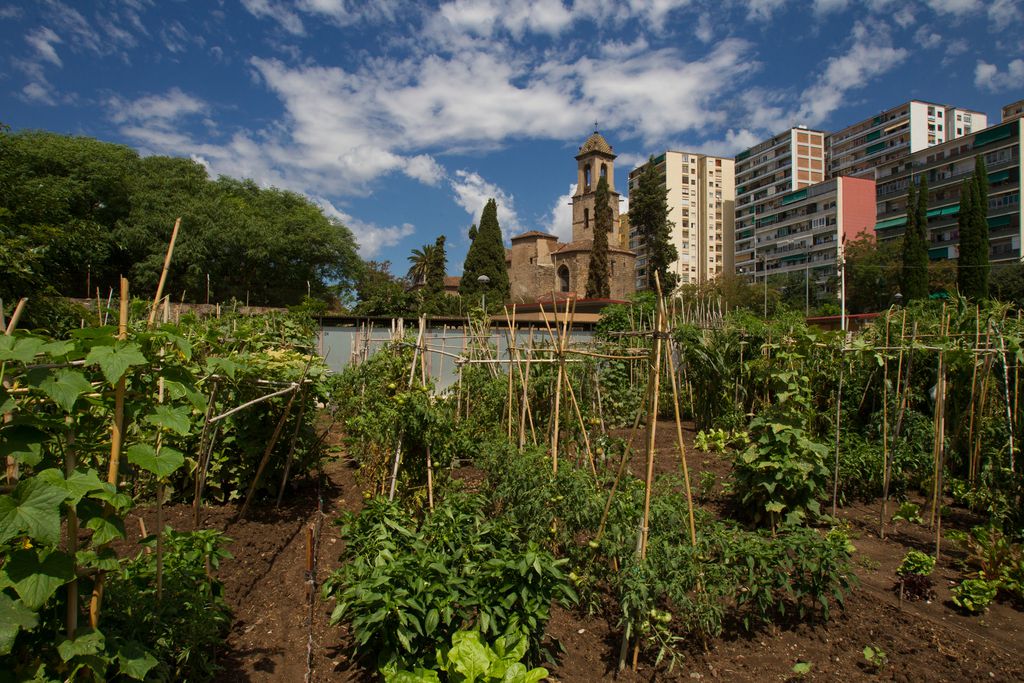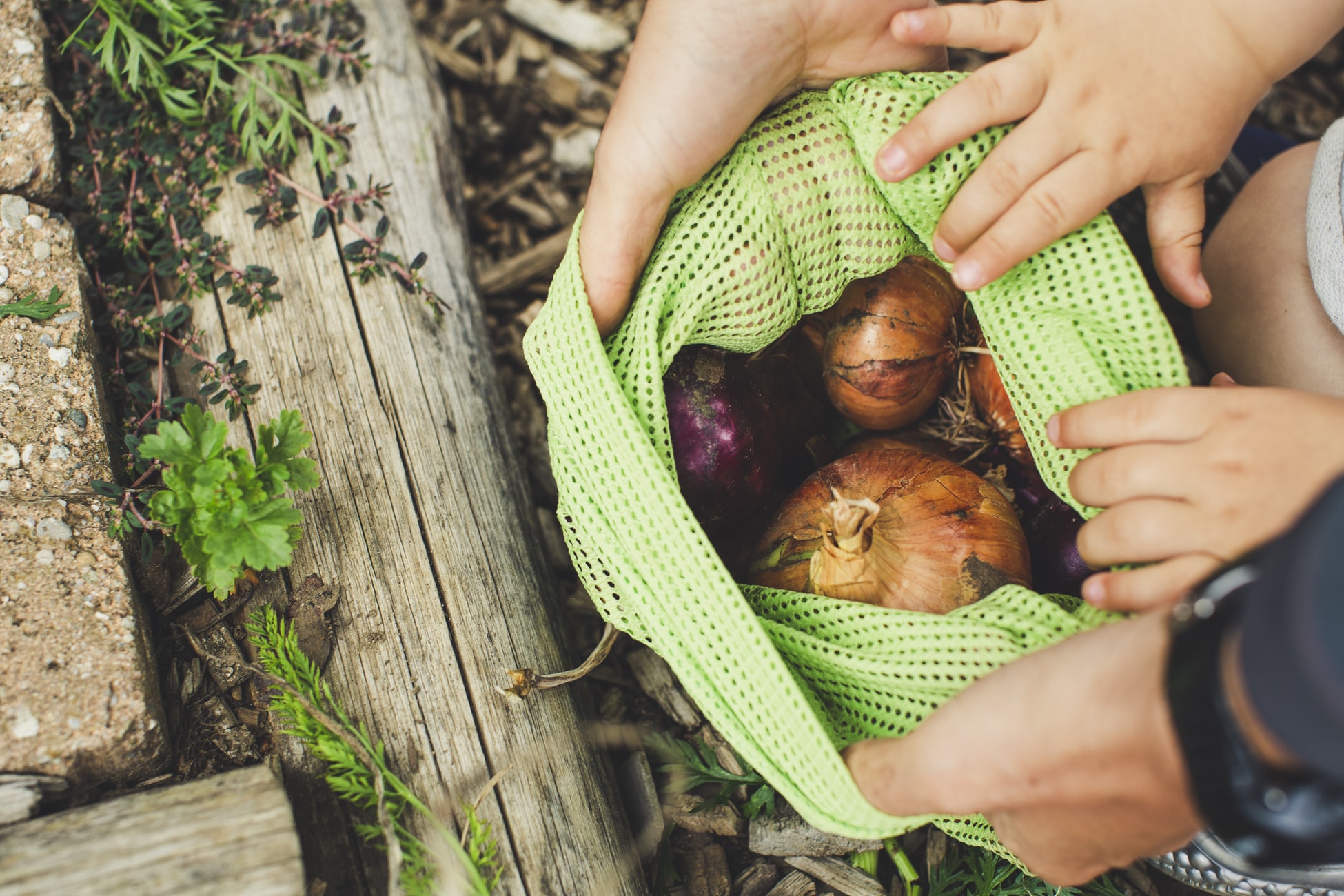Protecting the planet
Sustainability in the food system is one of the main global challenges we need to tackle if we want to combat and mitigate the climate, environmental and health emergency.
Overall, the agri-food system is responsible for between 21% and 37% of global greenhouse gas emissions, and this percentage is expected to rise in the coming decades. This means that, to combat the climate emergency, we must transform the prevailing food system and our diets. In fact, we should adopt the planetary health diet, which is good for both people's health and the planet.
The impact of this food system is not limited to the climate crisis. It is also closely linked to soil depletion on agricultural land, water contamination, overfishing and mass extinction, entailing a loss of 75% of cultivated biodiversity and 80% deforestation.
On top of all that, much of the food in the current system lacks nutrients, contains chemical residues and is packaged in plastic, which ends up polluting both soil and water.
Sustainable food: more important than ever in the age of global risks
Covid-19 has taught us a lot. The loss of habitats, mainly caused by industrial agriculture and livestock farming, is generating the ideal conditions for viruses to spread and for zoonotic diseases to thrive. What is more, mobility restrictions have brought food supply chains into question on a global scale, thus highlighting the importance of the people who work in this sector in our society. The pandemic has catalysed an economic crisis that is magnifying inequalities and food poverty, especially for women
